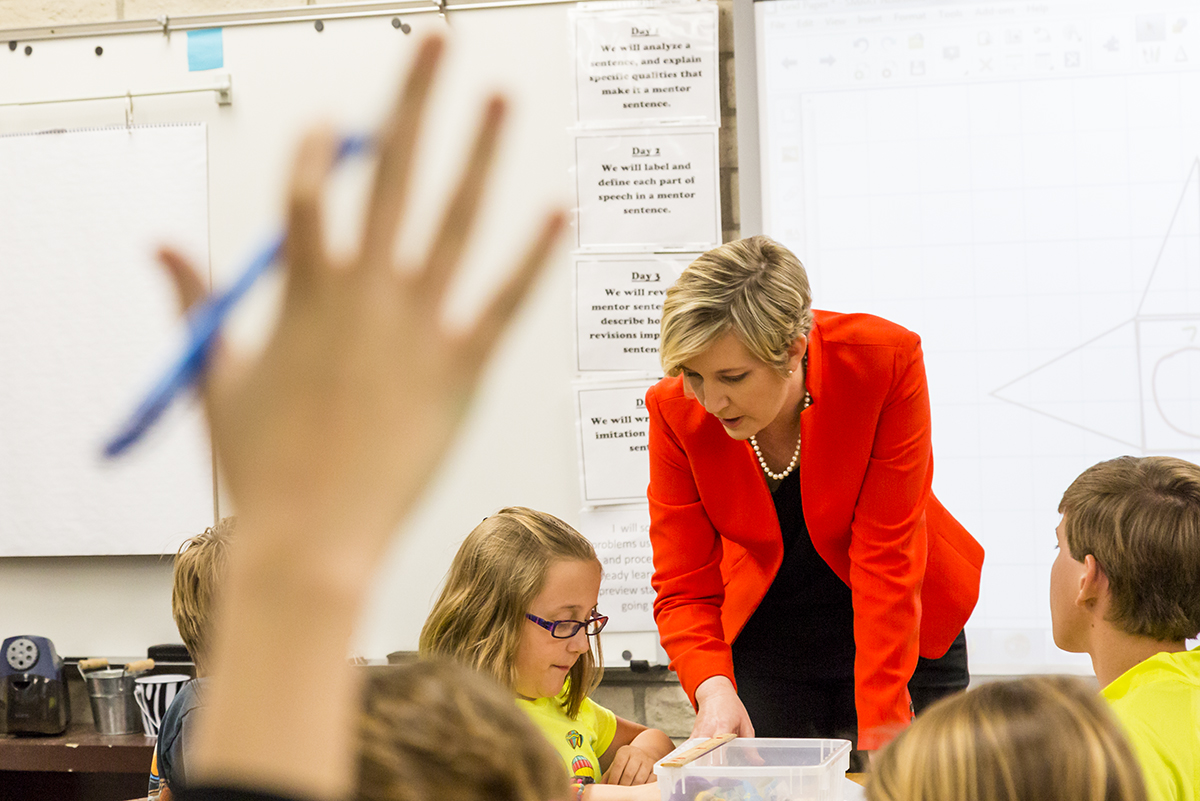August 19, 2019
Creating an Achievement Roadmap with Baseline Data
It’s great to know what our instructional goals are for the school year — but it’s just as important to understand where we’re starting from.
We all appreciate knowing where we’re going — in many areas of life, it helps to have an end goal in mind. However, it’s just as important to know where you are when you start.
The same logic can, and should, be applied to instruction. We’re far less likely to help our students (and ourselves) achieve classroom milestones if we don’t know exactly where we’re starting from. To do this, look no further than a concept you’re likely familiar with: baseline data.
Why should you use baseline data?
Baseline data refers to measurements collected prior to starting teaching or intervention. When used correctly, they should inform and guide your classroom instruction. Effective baseline data will provide you with the answers to two key questions:
1. What do your students already know?
Having a clear understanding of what students already know is invaluable for teachers who are inevitably pressed for time. It allows you to breeze through concepts that students have mastered, while making extra time for those that students have struggled with. This information also allows you to differentiate for your students, instead of spending whole-class time on concepts half the class has already mastered.
2. What have students yet to learn?
Effectively gathered baseline data will not only tell you what students do not yet know, but will also indicate the degree to which students are struggling with a specific concept. For example, if your students find narrative nvarchar(max) challenging, they may have mastered plot analysis but are having trouble with characterization. This, again, allows you to prioritize content and differentiate for each student.
And if students score poorly on a concept that has already been taught, it allows you to revamp your remedial lessons and instruct more effectively the second time around.
How can you collect baseline data?
Take advantage of existing data.
Administering a comprehensive pre-assessment the first day of school would be a sour start to the school year. Good thing the data has already been collected! Near the end of every year, students take a high-stakes, comprehensive test. The data from this test is often glossed over and set aside as we shift our focus to next year.
Take advantage of this data gold mine. It gives you a comprehensive view of what each student mastered or struggled with the previous year, and can help you map out your instruction accordingly. If you are unaware of how to access this data, contact your instructional coach or a mentor teacher.
Collect continuously.
While the previous year’s high-stakes test may provide a useful overview of each student’s strengths and weaknesses, it doesn’t eliminate the need for pre-assessment.
Consider a mini-pre-assessment before each unit to gather baseline data. This is most effective when your pre-assessment mirrors the concepts you will be testing during your post-assessment. This continuous collection of data throughout the year ensures that instructional time is being spent wisely and that each student is being differentiated based on individual needs.











